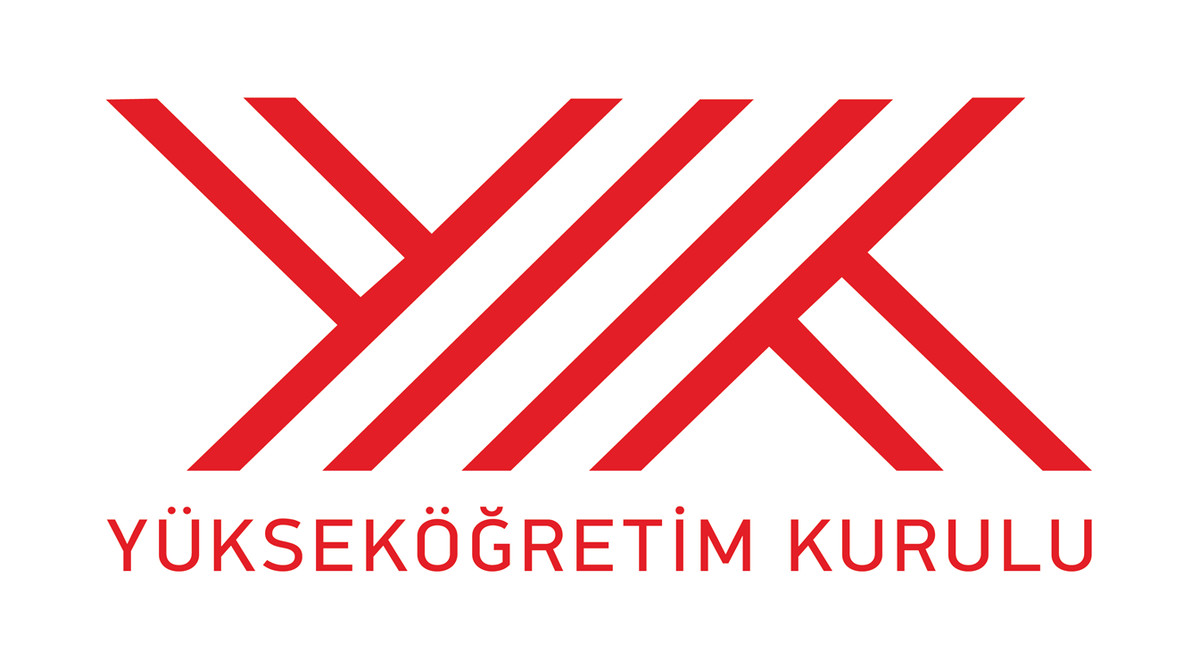Duyuru 13
2021-2022 Fall Reading List: Primary and Secondary Sources for our second year course English Theatre.
This course aims to teach you the basics of theatre and the periods of English theatre through a close reading of plays from consecutive periods under the light of various critical and theoretical approaches, we will also trace the changes English theatre and society go through. We will be talking about Medieval Drama, Elizabethan (Renaissance) Drama, Jacobean and Caroline Drama, Restoration (Carolean) Drama, Eighteenth Century Drama, Victorian Drama, Edwardian Drama, and Contemporary Theatre.
Primary Sources:
Medieval Morality Plays: Everyman, Anonymous
Elizabethan (Renaissance) Drama: The Jew ofMalta, Christopher Marlowe
Jacobean Drama: The Duchess of Malfi, John Webster
Restoration Comedy: The Country Wife, William Wycherley
Victorian Drama: The Importance of Being Earnest, Oscar Wilde
Intertextuality in Contemporary Theatre: Everyman, Carol Ann Duffy
Secondary Sources:
Theatre Studies: The Basics, Robert Leach (This one is an introduction to the necessary terms, it can be helpful to read this before the primary sources)
The Cambridge Companion to Medieval English Theatre, Richard Beadle, Alan J. Fletcher; The Cambridge Companion to English Renaissance Drama, A. R. Braunmuller, Michael
Hattaway, eds.;
A Short History of English Renaissance Drama, Helen Hackett;
Moral Experiment in Jacobean Drama, T. F. Wharton;
Jacobean Drama: A Critical Study of the Professional Drama, 1600–25, David Farley-
Hills;
The Cambridge Companion to English Restoration Theatre, Deborah Payne Fisk, ed.
The Cambridge Companion to British Theatre, 1730-1830, Daniel O'Quinn;
The Cambridge Companion to Victorian and Edwardian Theatre, Kerry Powell;
A Concise Companion to Contemporary British and Irish Drama, Nadine Holdsworth, Mary Luckhurst
Primary sources, secondary sources, and titles for further Reading for mythology in English literature 2021-2022:
This course introduces our students to concepts such as myth-making, archetypes, recurrent themes, motifs, and patterns that appear and reappear in the myths and epics of ancient Sumerian, Greek, Nordic and Celtic civilizations with the aim of familiarizing them with mythological stories and early literary texts, divinities and heroes, symbols, patterns and recurrent themes which are borrowed, reused and rewritten and continue to reappear in British Literature.
This course also offers a critical study of the epics and myths which are discussed in the
context of various theories such as Feminist Criticism and Ecocriticism. Students learn how to
approach myths, epics, and culture critically and practice close reading.
As our sessions will be online (synchronous) this term, English Theatre course is planned
as lectures on theatre and period texts, we will have more titles, and approximately 1 to
3 sessions for each of the periods / texts followed by class discussions.
The aim of this course is not only to teach you the basics of theatre and the periods of
English theatre through various critical approaches, but it also aims to be able to show you
examples from these different periods with a desire to understand the changes English
theatre and English society go through.
Themes in Literature: Trauma Narratives - 2020-2021 Reading List
This course introduces our students to concepts such as myth-making, archetypes, recurrent themes, motifs, and patterns that appear and reappear in the myths and epics of ancient Sumerian, Greek, Nordic and Celtic civilizations with the aim of familiarizing them with mythological stories and early literary texts, divinities and heroes, symbols, patterns and recurrent themes which are borrowed, reused and rewritten and continue to reappear in British Literature.
This course also offers a critical study of the epics and myths which are discussed in the
context of various theories such as Feminist Criticism and Ecocriticism. Students learn how to
approach myths, epics, and culture critically and practice close reading.
As the 2020-2021 Fall Term will be online (synchronous), our 4- credit-sessions are planned as lectures which will be followed by discussions.
2017-18 Eğitim-Öğretim Yılı Güz dönemi Lisans ve Yüksek Lisans derslerine ait okuma listeleri.




